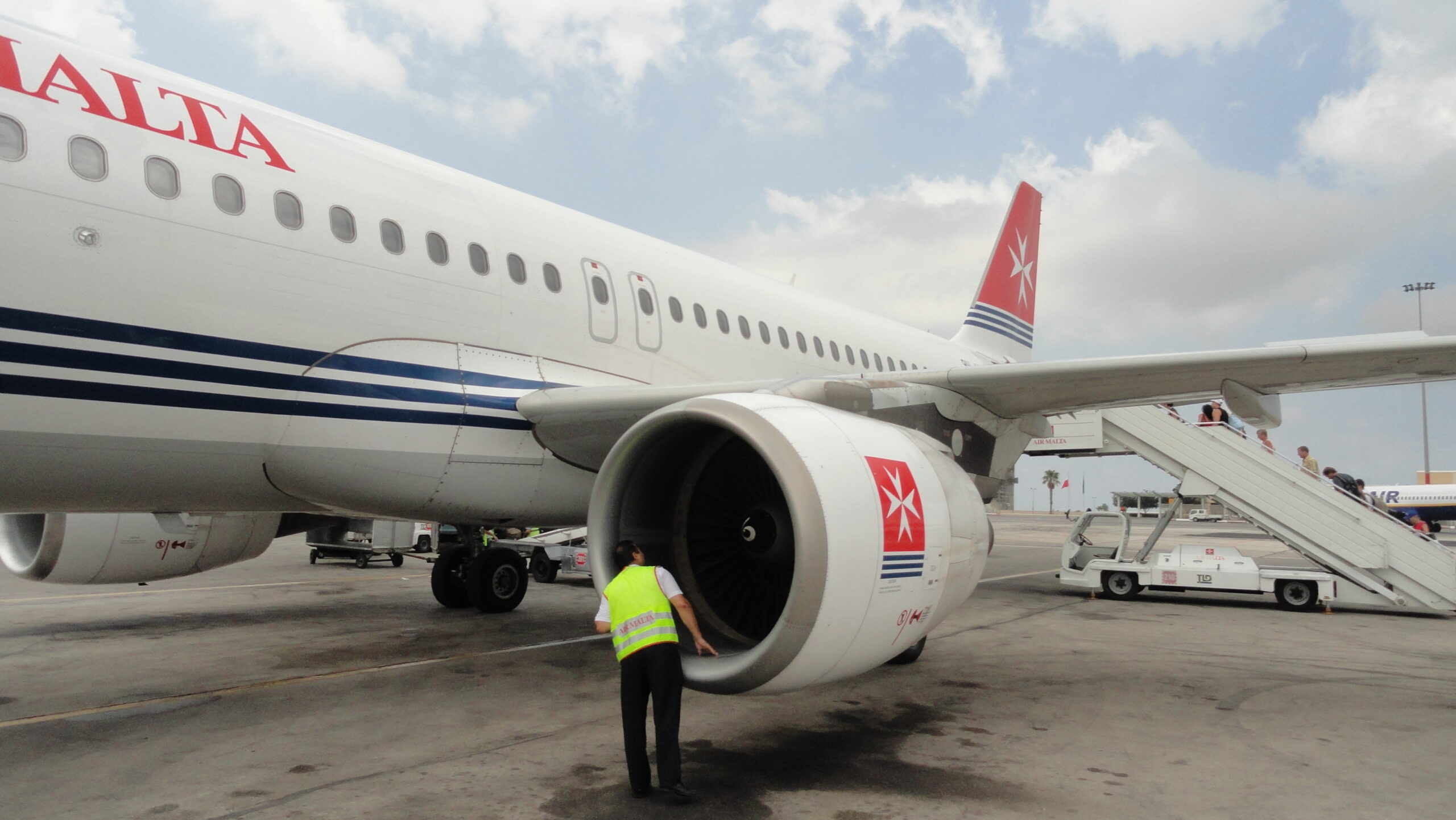The aviation industry has always been on the forefront of technology adoption, and artificial intelligence (AI) is no exception. AI has the potential to revolutionize the aviation industry by enhancing safety, improving efficiency, and reducing costs. This article will explore the benefits of AI in aviation safety and efficiency.
What is Artificial Intelligence in Aviation?
Artificial intelligence is a branch of computer science that deals with the creation of intelligent machines that can work and think like humans. In the aviation industry, AI is used to develop systems that can perform tasks that require human-like intelligence, such as decision-making, problem-solving, and learning from data.

How AI Enhances Aviation Safety
One of the most significant benefits of AI in aviation is improved safety. AI can be used to monitor and analyze data in real-time, providing early warnings of potential safety hazards. AI systems can also be used to predict and prevent accidents by analyzing past incidents and identifying patterns and trends.
How AI Improves Aviation Efficiency
AI can also be used to enhance efficiency in aviation. AI systems can help airlines and airports optimize operations by predicting flight delays, improving scheduling, and reducing maintenance downtime. AI can also be used to improve passenger experiences, such as through personalized recommendations and faster check-ins like altusmalaysia.com.
The Pros of AI in Aviation Safety and Efficiency
The benefits of AI in aviation safety and efficiency are numerous. AI systems can help reduce human error and improve safety by providing real-time monitoring and analysis. AI can also help airlines and airports optimize operations, reduce costs, and improve the passenger experience.

The Advantages of AI in Aviation Safety and Efficiency
The advantages of AI in aviation safety and efficiency are significant. AI can help reduce accidents and incidents, improve flight scheduling and maintenance, and enhance passenger experiences through the manufacturer. Additionally, AI can reduce costs by improving fuel efficiency, reducing maintenance downtime, and optimizing operations.
Conclusion
In conclusion, the aviation industry is constantly evolving, and the integration of AI technology is playing a crucial role in enhancing safety and efficiency. Through the use of AI algorithms, the aviation industry can now prevent potential accidents and incidents, streamline operations, and reduce costs. AI-based technologies such as predictive maintenance, autonomous systems, and real-time data analysis are paving the way for a new era of aviation that is safer, more efficient, and more reliable than ever before.
However, it is important to remember that AI technology is not infallible and must be carefully monitored and maintained to ensure optimal performance. Additionally, the integration of AI technology should be done in a way that does not compromise human expertise and decision-making abilities.
Overall, the role of AI in aviation is one that offers immense potential for growth and innovation in the industry, and its continued development and integration will undoubtedly shape the future of aviation for years to come.
